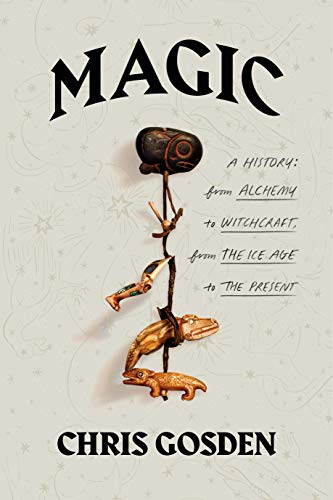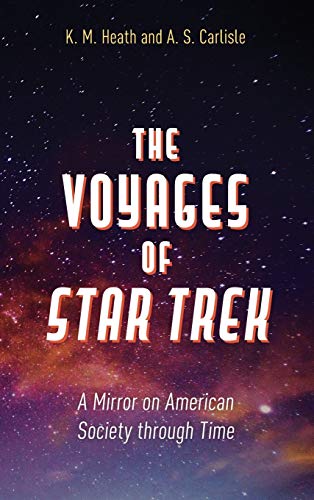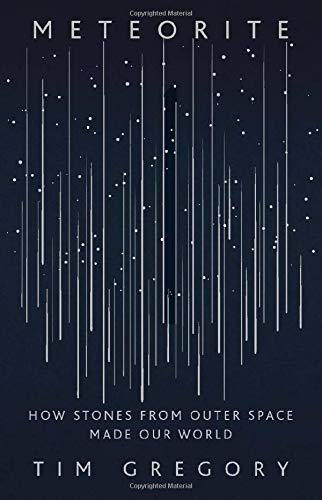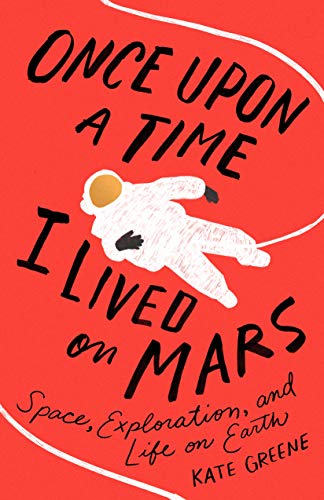The Zoologist’s Guide to the Galaxy: What Animals on Earth Reveal About Aliens — and Ourselves by Arik Kershenbaum
Usually, when one thinks about “universal laws,” the first disciplines that come to mind are mathematics and physics. Pi, or the law of gravity, for instance. But in The Zoologist’s Guide to the Galaxy: What Animals on Earth Reveal About Aliens — and Ourselves, Arik Kershenbaum makes the case for “universal laws of biology.” And then further argues that said laws, which we can formulate based on our experiences and observations here on Earth,
Read More

















COMMENT Was I hinting that? I wasn't aware of it. But now that you mention it.... 🤔
So it sounds like you're hinting Fox may have had three or so different incomplete stories that he stitched together,…
It's hardly a private conversation, Becky. You're welcome to add your 2 cents anytime!
If the state of the arts puzzles you, and you wonder why so many novels are "retellings" and formulaic rework,…
I picked my copy up last week and I can't wait to finish my current book and get started! I…